Elephant Advocates Seek Clarity on Trump Trophy Policy
WASHINGTON (CN) – An animal rights group filed a Freedom of Information Act request with the Interior Department Tuesday in a bid to better understand why it changed a long-standing policy restricting the import of trophies from hunted endangered species.
The Florida-based Elephant Project said it is seeking all communication and information exchanged in relation to a March 1, 2018, memo which opened up the possibility of importing such trophies into the United States on a case-by-case basis.
“The Trump Administration is reversing hard fought gains made over the past several decades in the fight to protect elephants,” Elephant Project founder Dane Waters said. He called the U.S. a leader in wildlife conservation but said the country has abdicated that leadership role since President Donald Trump took office.
The Interior Department memo states the policy change was a response to a December 2017 ruling by the D.C. Circuit. In the underlying lawsuit, the National Rifle Association and Safari Club International claimed the U.S. Fish and Wildlife Service arbitrarily blocked the import or elephant trophies in 2014 and 2015.
Under its long-standing rules, the agency only allowed such imports if the hunt in which they were taken “enhanced the survival of the species.” In the cases at the center of the lawsuit, the Fish and Wildlife Service concluded this was not the case.
While it mostly affirmed the agency’s actions in its ruling, the D.C. Circuit said the service erred in adopting its findings without first following the notice-and-comment rule-making requirements of the Administrative Procedure Act.
The Interior Department memo rescinds those findings, finding they are “no longer effective for making individual permit determinations for imports of sport-hunted African elephant trophies.”
Laury Parramore, a spokeswoman for the Fish and Wildlife Service told Courthouse News on Tuesday that while court upheld the restriction on elephant trophy imports, it also allowed the agency to revise its procedure for assessing applications for hunting certain species.
“The President has been very clear in the direction that his administration will go,” she said via email.
She also declined to comment further due to a pending lawsuit filed by four animal rights groups challenging the policy change.
Dane Waters told Courthouse News he believes the entire process was fueled by Trump’s children, specifically Don Jr., a known trophy hunter.
He hopes the information, including correspondences between agencies and members of Trump’s International Wildlife Conservation Council — which Waters says is ironically stacked with pro-hunters — will show the administration put the priorities of its family members over that of endangered species.
“This is the beginning of finding out what truly is happening,” he said. “The ban was changed to put a special interest, the wealthy, ahead of the animals.”
